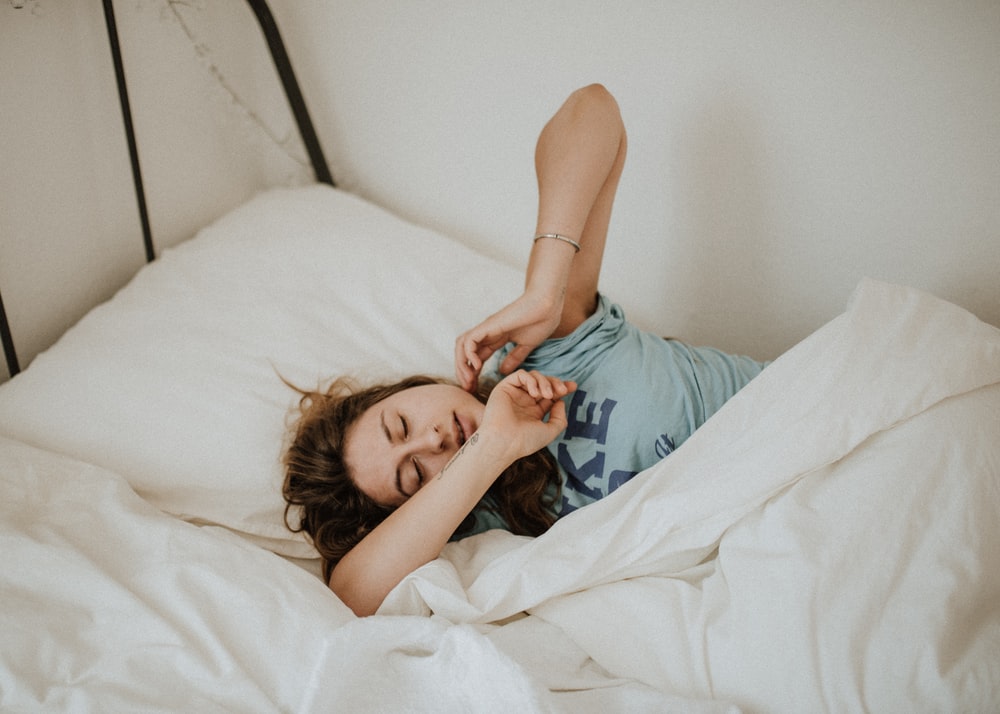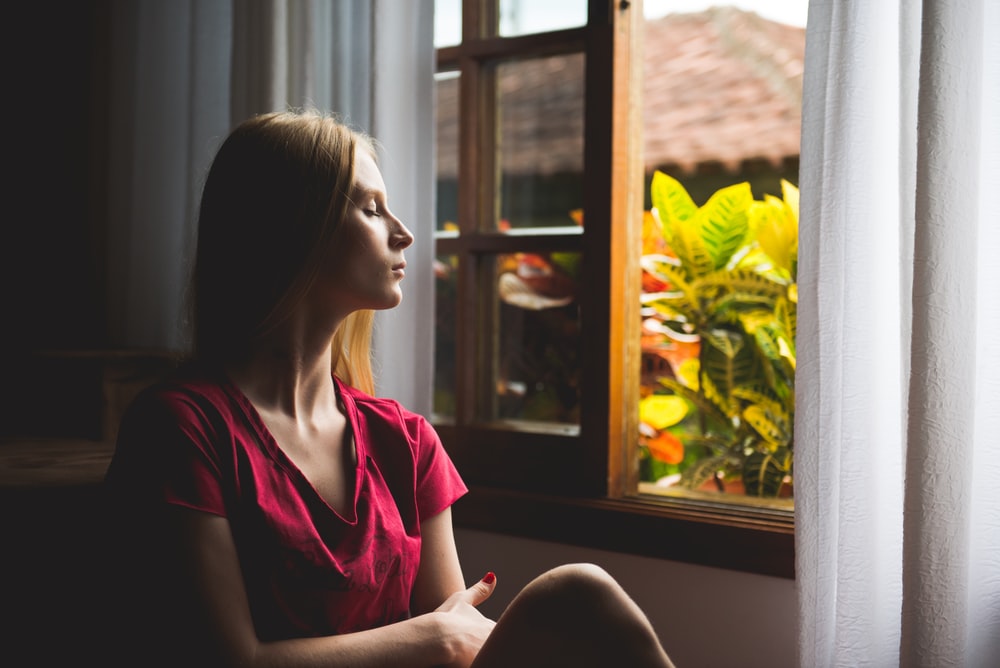
Achieving Your Dreams
There’s no denying it: we’re living in a stressful time. With physical-distancing rules being implemented around the world, many of us have spent more time inside than usual, and it’s not an easy feat. With worrying news updates and uncertainty about the future, it’s no surprise that a few of us are feeling stressed, anxious, and exhausted in this current climate. And to make matters worse, our sleep schedules are suffering because of it.
Sleep and stress have always had a close relationship. Anxiety and overthinking can often lead to a lack of shut-eye, and can make us tired, irritable, and forgetful, which can then cause even more anxiety. It’s a difficult and frustrating cycle that requires effort to break out of, but there is hope! Here’s a list of helpful tips for reducing stress to optimize a proper sleep routine, so you can sleep—instead of counting sheep!

1. Get Your Routine In Order
With all the free time you may now have, it may be hard not to resist the urge to stay up past midnight to watch the latest viral video, and then sleep in until 11 am. To help maintain a semblance of normalcy, a strict schedule will help keep your body on a consistent balance of rest and activity. Try setting a routine bedtime and a wakeup alarm, stay away from bright screens before bed, and stick with it.
2. Work It Out
Good health has a direct relationship with good sleep. While many of us are staying indoors, we still need exercise to keep our immune systems happy and healthy. Book yourself an hour in the day for a run around the neighbourhood (while keeping a safe distance from your neighbours). Discover the hundreds of workout or yoga routine videos on YouTube and find whichever one works best for you. When you’ve added at least an hour or two in the day of pure, invigorating exercise, falling asleep will come much easier once nighttime rolls around.
3. Breathe In, Breathe Out
Taking a moment to meditate, clear your mind, and relax your busy thoughts can help centre you when things get overwhelming. Listening to ambient music, finding a quiet space in your house or backyard, or trying out meditation podcasts like Headspace are fantastic ways to drown out the noise, relax the body, and prep for a good night’s rest.

4. Watch What You Eat
We all love our daily coffee or tea, but it’s important not to overdo it later in the day. Studies have suggested that even consuming caffeinated foods like coffee, tea, chocolate, or soda six hours before bedtime can make an impact on our sleep pattern. Stick to caffeine-free beverages and snacks in the evening, so you don’t spend the night staring at the ceiling and cursing that late latte.
5. Sleepy Supplements
When in doubt, we can always try out natural remedies to help our bodies drift off to dreamland. Here’s a handy list of supplements that have been shown to be beneficial for sleep:
- Melatonin: A hormone that regulates the body’s night and day cycles and prepares you for sleep.
- Valerian: A traditional herb that acts as a sedative on the brain and helps with sleep and anxiety.
- Prescribed CBD Oil: A non-psychoactive cannabis compound, cannabidiol, in oil form and taken in small doses may decrease anxiety and improve sleep patterns.
- Chamomile: An ancient flower, commonly consumed as tea, with a high flavonoid content binds to specific receptors in the brain that may decrease anxiety and improve sleep.










